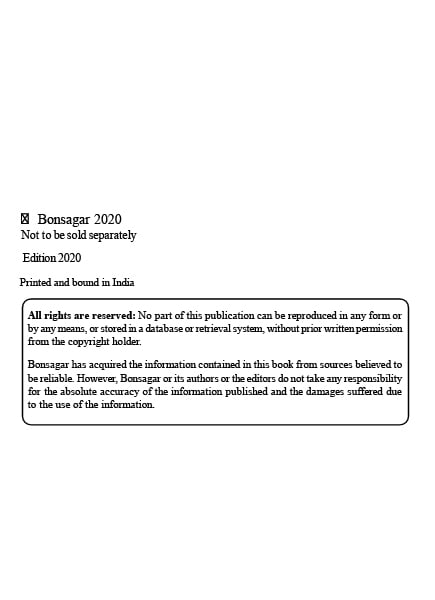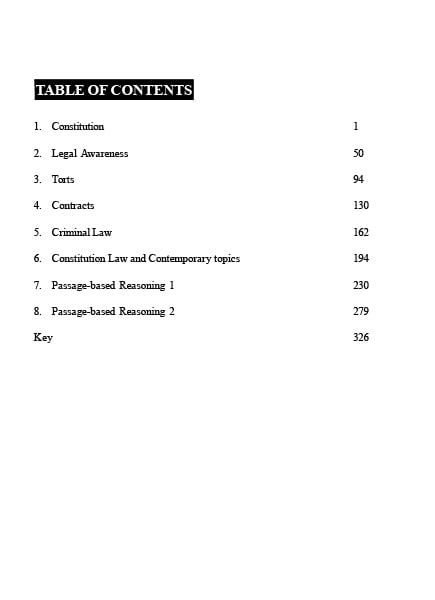HOW MOCK TESTS HELP IN IPMAT PREPARATION
HOW MOCK TESTS HELP IN IPMAT PREPARATION
The Indian Institutes of Management (IIMs) and other notable schools administer the very competitive Integrated Programme in Management (IPM) Aptitude Test, or IPMAT. The five-year integrated management programmes are the target audience for the IPMAT, which is created exclusively for applicants. The incorporation of mock exams is one of the most effective preparation tactics that candidates may use to succeed in this exam.
The importance of practise exams for the IPMAT is discussed in this article. It explores the many advantages they provide, including simulating an actual test, identifying strengths and weaknesses, enhancing time management, building confidence, and facilitating familiarity with the exam format and question kinds. Mock exams are critical in improving performance and guaranteeing success in the IPMAT by imitating the exam atmosphere and providing a chance for practise.
SIMULATING THE EXPERIENCE OF A REAL EXAM
The capability of mock examinations to evaluate applicants’ performance in real-time is one of its most important advantages. Mock exams serve as a baseline for assessing development and determining preparation for the real IPMAT exam. Candidates may learn where they are in relation to the competition by evaluating their results, which motivates them to study more and perform better. By highlighting areas that need greater attention, mock test analysis enables applicants to correct errors and adopt more effective methods for the real exam. The ability of mock exams to accurately reflect the IPMAT exam atmosphere is one of their main benefits. Mock exams offer significant opportunities for candidates to feel the pressure and difficulties of the real exam by closely replicating the examination conditions, including time limitations and question formats. This familiarity aids in boosting confidence and lowering exam anxiety.
- ESTABLISHING A REALISTIC EXAM ENVIRONMENT:
a. Time restraints: Mock exams rigorously adhere to the time limitations, giving pupils practice in time management.
b. Question formats: Candidates can become acquainted with various question kinds because the structure and diversity of questions in mock exams are similar to those in the IPMAT
- ACCLIMATING TO EXAM CONDITIONS:
a. Test environment: By exposing students to an exam-like setting, mock exams assist them in forming a disciplined study strategy.
b. Stress management: Regularly taking practice exams promotes a calm and attentive attitude during the actual exam by easing tension and anxiety.
ANALYSING WEAKNESSES AND STRENGTHS
Mock exams are diagnostic tools for determining a person’s strengths and limitations. They offer insightful information on the candidates’ strengths and opportunities for development. Candidates may better understand their performance patterns by analysing the outcomes of practise exams, which enables them to concentrate on their weaker areas in following study sessions. Aspirants who are aware of their strengths can set aside the necessary time to review and strengthen these areas while concentrating on their weaknesses during concentrated study and practise. Mock exams offer a great platform for self-evaluation and pinpointing areas that need development. Examining performance on practice exams enables applicants to identify their strengths and shortcomings, enabling them to plan properly and organise their study time.
- FINDING YOUR STRONG POINTS:
a. Topic-wise analysis: Mock exams provide in-depth perceptions of performance in several parts, assisting in identifying strong areas.
b. Subject-specific competence: By regularly taking practice exams, students may identify the disciplines in which they excel and organise their time appropriately.
- IDENTIFYING POTENTIAL IMPROVEMENTS:
a. Mock exams help students identify their areas of weakness, allowing for more focused study and revision.
b. Topic-by-topic analysis: Candidates can methodically correct their inadequacies by looking at their performance in certain subjects.
TIME MANAGEMENT IMPROVEMENT
Any competitive test, including IPMAT, requires successful time management. Mock exams help applicants improve their time management skills so they can finish the exam in the allocated time.
- MAKING AN EFFORT TO BE TIME-CONSCIOUS:
a.Time allotment for each component: Regular mock test preparation helps students estimate the amount of time needed for each segment, enabling them to manage their time effectively when taking the real exam.
b. Pacing oneself: By taking practise exams, students have the ability to avoid being bogged down by challenging questions and plan out an efficient time allocation.
- INCREASING SWIFTNESS AND ACCURACY:
a. Familiarity with question formats: Regular exposure to practise exams helps candidates recognise question patterns, which helps them answer questions properly and fast.
b. Practising time-bound problem-solving: Mock exams impose time limitations, forcing students to complete tasks quickly, enhancing both accuracy and speed.
INCREASING SELF-BELIEF AND MOTIVATION
Mock exams are useful tools for boosting self-assurance and motivation in IPMAT applicants. Candidates build their confidence, overcome exam-related fears, and maintain motivation as they progress through the preparation process with each mock test.
- BUILDING EXAM CONFIDENCE:
a. Getting used to the exam format: Regularly taking practise exams helps students become accustomed to the exam format, which lowers uncertainty and increases confidence.
b. Performance analysis: Examining the outcomes of practise exams gives a clear picture of development, boosting one’s self-assurance and faith in their own talents.
- EXPOSURE TO TOUGH CONDITIONS:
a.Mock exams include a variety of questions, including difficult ones, training applicants to manage difficult situations during the actual exam.
b. Creating coping mechanisms: Students can learn to maintain composure under pressure thanks to the practise they get from taking mock exams.
MANAGING STRESS AND BOOSTING CONFIDENCE
The IPMAT preparation process can be demanding, and the strain frequently increases as the exam date draws closer. By providing a setting that closely resembles an exam, mock tests are extremely important for stress management. Regular practise with mock exams lowers anxiety levels by assisting students in becoming acclimated to the test-taking procedure. Additionally, applicants’ confidence in their skills grows as they witness their progression through mock test performance analysis, strengthening their overall self-assurance for the IPMAT.
Mock exams are crucial for IPMAT preparation because they provide a genuine exam-like experience, help with self-evaluation, enhance time management, and increase motivation and confidence. Candidates may use these examinations to pinpoint their strengths and shortcomings, manage their time well, and improve their problem-solving abilities. Regular mock test taking improves familiarity with the format of the exam, lowers anxiety, and gives you the confidence you need to ace the IPMAT. To increase their chances of passing this fiercely competitive exam, candidates should include mock exams in their study plan. Mock exams are the ideal practise tool for IPMAT hopefuls since, as they say, practise makes perfect.





 Book your Admission for CLAT 2018 Crash Course
Book your Admission for CLAT 2018 Crash Course